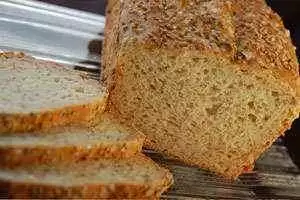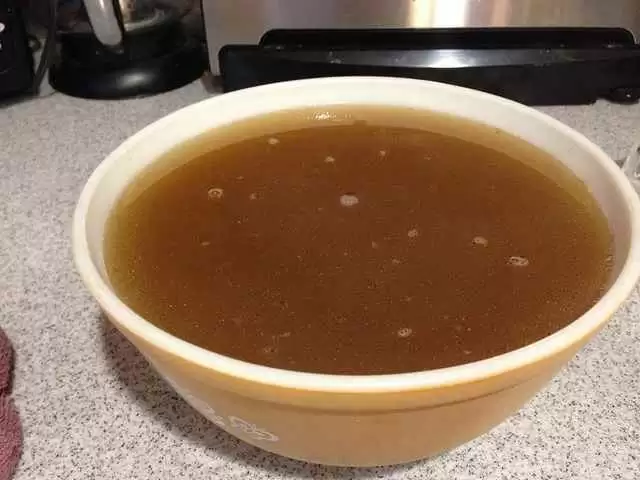
Celiac.com 03/17/2017 - Want a super healthy gluten-free alternative to grain flour that is packed with natural fiber and protein, and tastes great? There is power in coconut flour! The amazing benefits of coconut products are astonishing and coconut flour is so versatile. It can be used to cook or bake or even to thicken sauces and gravies!
Coconut flour is naturally gluten-free and considered hypoallergenic. It contains the highest amount of dietary fiber found in any flour! According to the Livestrong article by Jane Jester Hebert, one quarter cup of coconut flour is equal to about 14g of fiber! An adequate amount of fiber is essential in a healthy diet to promote a healthy digestive tract. It also lowers your risk of heart disease and diabetes, and helps you to maintain a healthy weight. Coconut flour is rich in lauric acid which promotes good skin health and manganese which is an essential trace mineral used in the body for energy production. It is also low in carbohydrates and low on the glycemic index making it a great choice for diabetics and people wanting to maintain a healthy blood sugar level. Coconut flour is a good source of coconut oil which also has amazing benefits such as being antiviral, antifungal, antimicrobial, antibacterial and antiparasitic.
Celiac.com Sponsor (A12):
Coconut products are so healing that according to a Natural News article by Megan Rostollan, the Pacific Islanders are calling coconut the "Tree of Life" and believe it can heal almost any illness. She goes on to say that, "In many traditional cultures around the world the coconut has been used to heal: abscesses, asthma, baldness, bronchitis, bruises, burns, colds, constipation, cough, dropsy, dysentery, earache, fever, flu, gingivitis, gonorrhea, irregular or painful menstruation, jaundice, kidney stones, lice, malnutrition, nausea, rash, scabies, scurvy, skin infections, sore throat, swelling, syphilis, toothache, tuberculosis, tumors, typhoid, ulcers, upset stomach, weakness, and wounds." (1)
What is coconut flour, you may be wondering? Coconut flour is the natural byproduct in coconut milk production. The coconut meat left over is dried at a low temperature and then ground up to make soft powdery flour, similar to wheat flour in texture; however, it does require special techniques in order to yield success. For example, you cannot substitute the same amount of coconut flour for wheat flour. Coconut flour is super absorbent and can produce a very dry end result when not properly paired with the right amount of liquid or binder such as eggs. When starting out with coconut flour it is best to strictly follow a tried and true recipe to yield good results. Above is a favorite shared by Megan Rostollan!
As you can see, with the vast and amazing benefits of coconut flour and coconut products, and being naturally gluten-free, you can definitely indulge and, "have your cake and eat it too!"
Lemon-Coconut Pound Cake by Megan Rostollan
Ingredients:
- 3/4 c. organic coconut flour
- 1 tsp aluminum free baking powder
- 3 tbsp xylitol, divided
- 1/2 tsp sea salt
- 6 pastured eggs
- 8-10 tbsp organic butter, softened
- 3 droppers full of liquid stevia
- 2 organic lemons (juice and zest)
Directions:
Preheat oven to 350 degrees F.
Grease an 8X4 loaf pan and set aside.
Sift together dry ingredients (2 tbsp xylitol). Zest and juice lemons. Whisk together eggs, butter, lemon juice, stevia, and zest. Combine wet and dry ingredients, whisking until smooth (batter will become quite thick - if too thick to combine well, add a little water). Spread in pre-prepared pan with hands or spoon as needed, sprinkle with remaining xylitol and bake for 40 minutes.
References:









.thumb.jpeg.68baa0c544d6e8650c8d7d90634190c3.jpeg)



Recommended Comments
There are no comments to display.
Create an account or sign in to comment
You need to be a member in order to leave a comment
Create an account
Sign up for a new account in our community. It's easy!
Register a new accountSign in
Already have an account? Sign in here.
Sign In Now